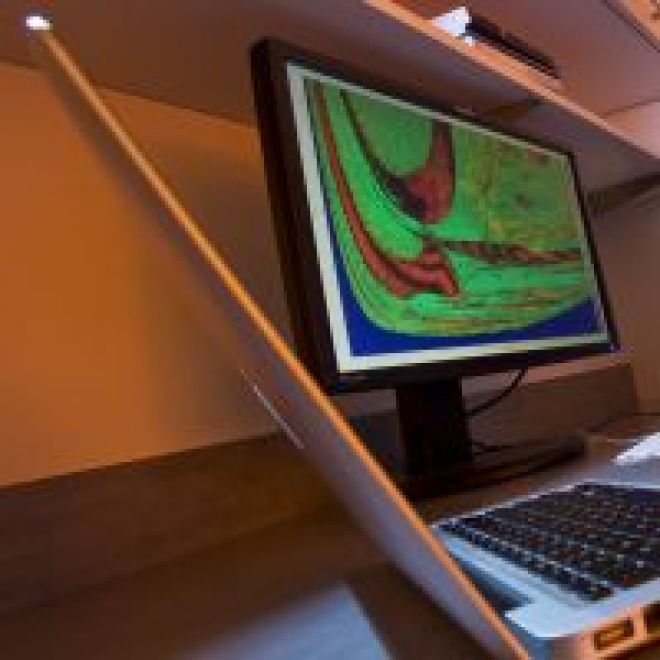QuICS Seminar

Quantum complexity is emerging as a key property of many-body systems, including black holes, topological materials, and early quantum computers. A state's complexity quantifies the number of computational gates required to prepare the state from a simple tensor product. I will discuss two approaches to better understand the role of quantum complexity in many-body physics. First, we'll consider random circuits, a model for chaotic dynamics. In such circuits, the quantum complexity grows linearly until it saturates at a value exponential in the system size. In the presence of measurements, we observe a phase transition in the complexity growth as a function of the rate at which measurements are performed: At low measurement rates, the exact complexity grows linearly up to an exponentially large value, while at high measurement rates, the complexity remains low. This result is in line with a number of studies, especially in the condensed matter community, which have shown phase transitions in the entanglement of the state generated by random circuits with measurements. In the second part of my talk, I'll focus on a first-principles approach to understanding how complexity affects the possible processes that a many-body system can undergo. I'll introduce the complexity entropy, a measure of entropy that accounts for an observer's limited ability to measure complex observables, and discuss its relevance for the physical properties of many-body systems. I'll conclude with some open questions.
These results include joint work with: Anthony Munson, Nicole Yunger Halpern, Jonas Haferkamp, Ryotaro Suzuki, Teja Naga Bhavia Kothakonda, Jens Eisert.
*We strongly encourage attendees to use their full name (and if possible, their UMD credentials) to join the zoom session.*

